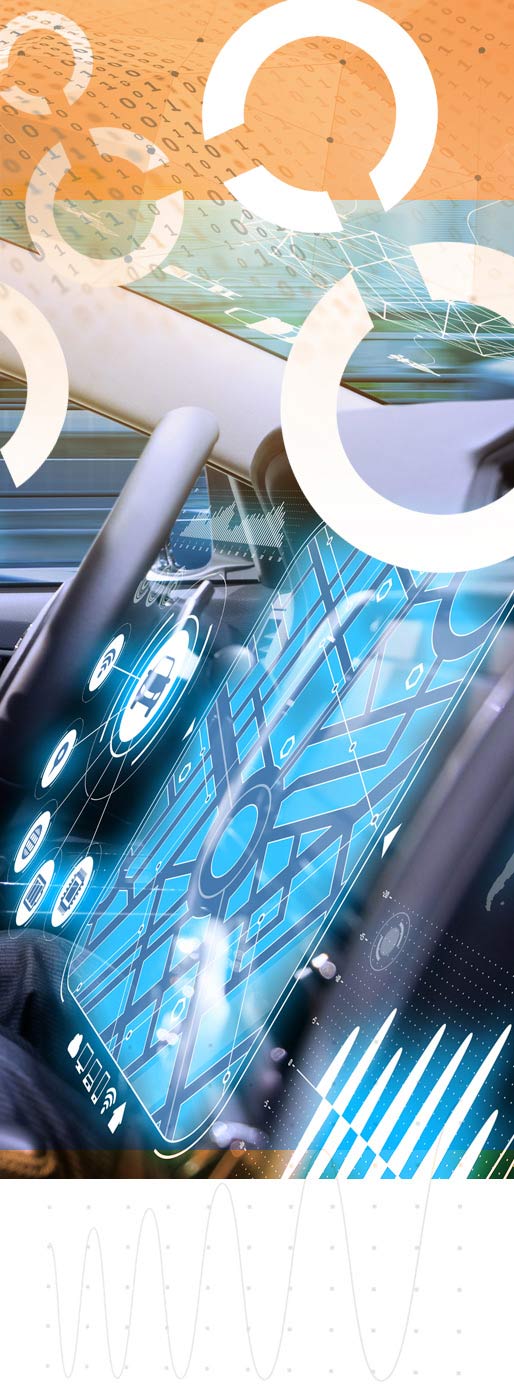OCEANIS is an unincorporated, voluntary, globally open, cooperative network of standards bodies and other organizations interested and involved in ICT standardization. It is not a membership organization, nor will it be developing standards. It will address the need for coordination and collaboration among organizations to address the unprecedented challenges that those working in ICT standards and related spaces face, fueled by the rapid rate of technology development and convergence through digitization.

Participation is open to organizations, including companies, government bodies, NGOs, academia and others from around the world who are interested in being part of discussions, debates and collaboration on the development and use of standards to further the development of autonomous and intelligent systems, and who are committed to working together to enhance the understanding of the role of standards in facilitating innovation, while addressing problems that expand beyond technical solutions to addressing ethics and values.
OCEANIS will focus initially on the topics of algorithms, sensors, big data, ubiquitous networking and technologies used in autonomous and intelligent systems across all industry sectors that are deeply impacting our work and social environment today at speed and with unprecedented implications.
The outputs of OCEANIS will be collectively determined by its participants as a result of the discussions and topics addressed. The outputs can take a variety of forms, including but not limited to articles, white papers and workshops.
The following organizations came together to form OCEANIS and are the initial set of participants.
Founding Members
- African Organization for Standardization (ARSO)
- Austrian Electrotechnical Association (OVE)
- Austrian Standards International (ASI)
- British Standards Institution (BSI)
- Bureau of Indian Standards (BIS)
- China Electronics Standardization Institute (CESI)
- CIO Strategy Council
- Institute of Electrical and Electronics Engineers Standards Association (IEEE SA)
- International Electrotechnical Commission (IEC)
- Japanese Standards Association (JSA)
- National Standards Authority of Ireland (NSAI)
- Servicio Ecuatoriano de Normalization (INEN)
- Telecommunication Engineering Center (TEC)
- Turkish Standards Institute (TSE)
- Verband und Deutsche Kommission Elektrotechnik Elektronik Informationstechnik (VDE/DKE)
Members
- Accenture
- ADAPT
- Agoria
- AIethicist.org
- AI Global
- ANEC
- Asimovero.AI
- BDO Canada
- Boston SPIN
- Centre for Connected & Autonomous Vehicles (CCAV)
- Dansk Standard
- EFOSS Corporation
- Fujitsu
- Gesellschaft für Mess-, Automatisierungs- und Robotertechnik (GMAR)
- Huduma Plus
- ILT Interlaboratory Test SA
- Joanneum Research Robotics
- Kenya Bureau of Standards (KEBS)
- Korean Agency for Technology and Standards (KATS)
- Kuratorium für Verkehrssicherheit (KFV)
- Living PlanIT
- Narnix Technolabs
- Panasonic R&D Company of America
- Silicon Valley Robotics
- The Standards Institute of Israel (SII)
- Tron Forum
- The University of Oxford
OCEANIS meetings will be predominately teleconference and are expected to be quarterly. OCEANIS does anticipate occasional in-person meetings during or on the margins of relevant conferences and meetings at which a majority of OCEANIS participants will be attending.
OCEANIS is not a membership body to join. OCEANIS is an unincorporated, voluntary, globally open, cooperative network of standards bodies and other organizations interested and involved in ICT standardization. There are no costs to participate, except for travel-related expenses to attend in-person meetings.
If your organization is interested in joining OCEANIS, please email oceanis@ieee.org. Your request will be reviewed by the founding partners.

